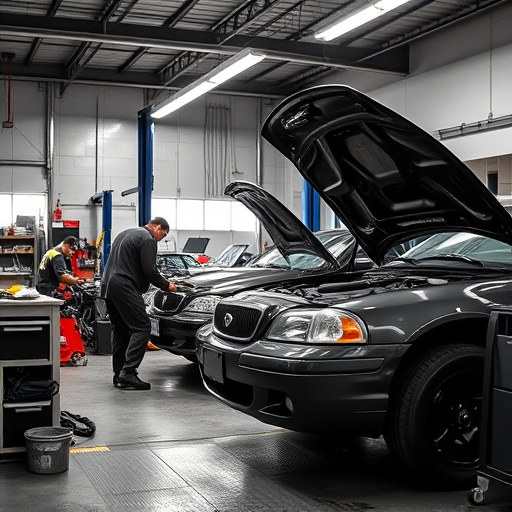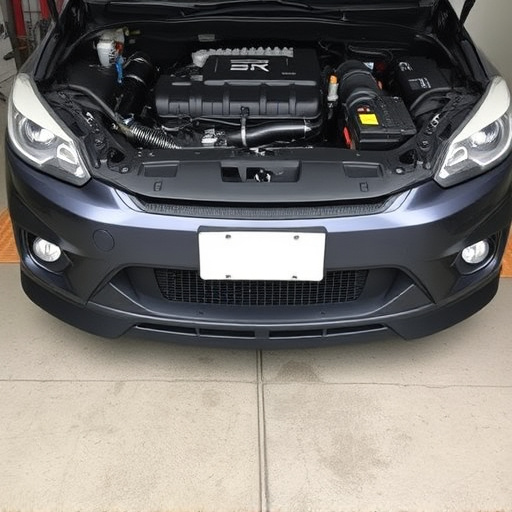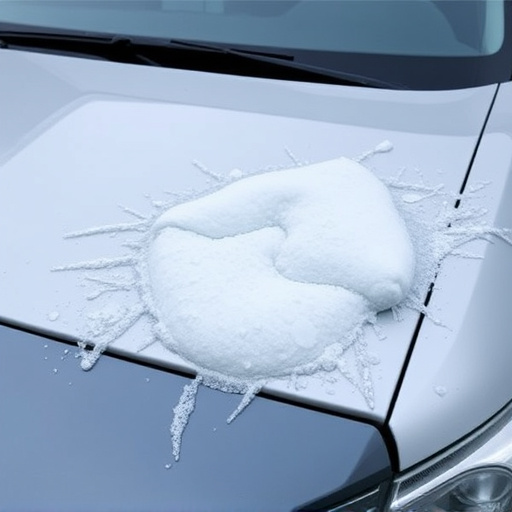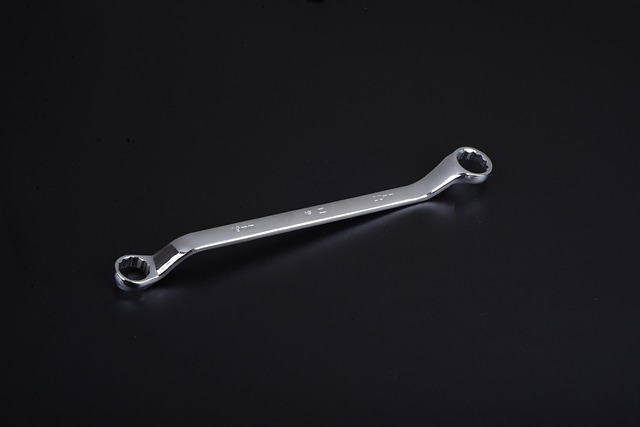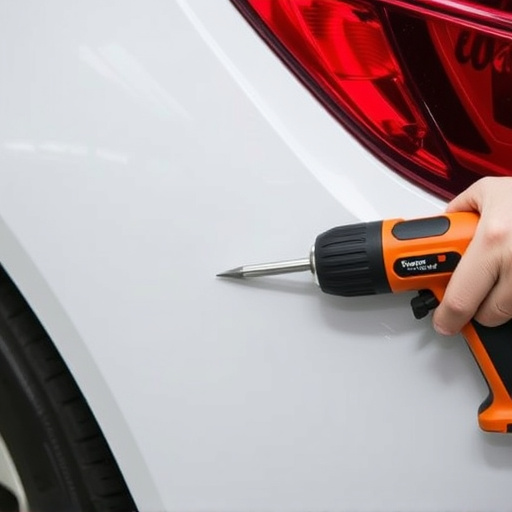Supplemental insurance claims provide financial protection beyond traditional coverage, helping individuals cover unforeseen costs like vehicle damage from accidents. To make a valid claim, policyholders must understand their plan's terms and specific criteria for coverage. Insurers assess factors such as loss type, timing, and impact while considering exclusions. Supplemental claims assistance guides policyholders through the process, ensuring accurate evaluations and increasing the likelihood of successful coverage for specialized services like collision repair. By carefully examining policy documents, contacting customer support, collecting estimates from trusted shops, and maintaining detailed records, individuals can effectively navigate supplemental claims assistance.
In today’s complex healthcare landscape, understanding supplemental insurance claims is crucial for ensuring access to quality care. This article serves as your guide to navigating these often-misunderstood aspects of health coverage. We’ll delve into what constitutes a valid supplemental claim and explore factors that determine its legitimacy. Additionally, we’ll offer valuable insights into the process, providing much-needed supplemental claims assistance. By the end, you’ll be equipped to confidently manage your healthcare expenses.
- Understanding Supplemental Insurance Claims
- What Makes a Claim Valid?
- Navigating the Process for Assistance
Understanding Supplemental Insurance Claims

Supplemental insurance claims are an essential aspect of ensuring comprehensive financial protection beyond traditional coverage. These claims assist individuals in covering additional costs associated with unforeseen events or incidents that may not be fully addressed by their primary policies. Understanding what constitutes a valid supplemental claim is crucial for policyholders to access these additional benefits effectively.
When it comes to vehicle-related issues, such as a car accident resulting in a dented fender, many standard insurance policies leave gaps in coverage. Here’s where supplemental claims step in, offering assistance with repairs like vehicle dent repair or even car restoration. Policyholders should familiarize themselves with the specific terms and conditions of their supplemental plans to ensure they meet the eligibility criteria for such repairs at a collision repair shop. This proactive approach ensures that individuals can leverage these policies to their advantage when dealing with unexpected incidents, ultimately providing peace of mind.
What Makes a Claim Valid?

A valid supplemental insurance claim is one that aligns with the policy’s terms and conditions, ensuring it meets specific criteria for coverage. To determine validity, insurers consider several key factors, including the type of loss or damage, when and how it occurred, and whether the claim falls under any exclusions or limitations outlined in the policy. For instance, a claim for paintless dent repair following a collision with another vehicle would be assessed based on the extent of the damage, whether the car body was significantly impacted, and if the repair method aligns with the insurer’s approved processes.
Supplemental claims assistance plays a crucial role in guiding policyholders through this process, ensuring their claims are accurately evaluated. This support can include detailed information about what constitutes a valid claim, especially for specialized services like collision repair centers or car body restoration work. By understanding these requirements, policyholders can submit well-founded claims, increasing the likelihood of successful coverage for services such as paintless dent repair, thereby achieving the desired outcome without undue complexity.
Navigating the Process for Assistance

Navigating the process for supplemental claims assistance can seem daunting, but with the right approach, it can be a smooth and efficient experience. The first step is to thoroughly review your policy documents and understand what types of damages or repairs are covered under your supplemental insurance plan. Many policies include specific clauses for collision repair centers or bumper repairs, ensuring that these common car restoration issues are addressed appropriately.
Once you’ve identified the scope of coverage, reach out to your insurance provider’s customer support team. They can guide you through the claim submission process, which often involves gathering relevant documents and estimates from trusted auto repair shops. It’s important to keep detailed records of all communications and submissions to ensure a timely and accurate assessment of your supplemental claims assistance.
Understanding what constitutes a valid supplemental insurance claim is crucial for receiving the appropriate coverage and support. By knowing the key factors that make a claim valid, you can efficiently navigate the process with the help of dedicated supplemental claims assistance. This ensures that your needs are met and you receive the benefits you’re entitled to, providing peace of mind in uncertain times.
